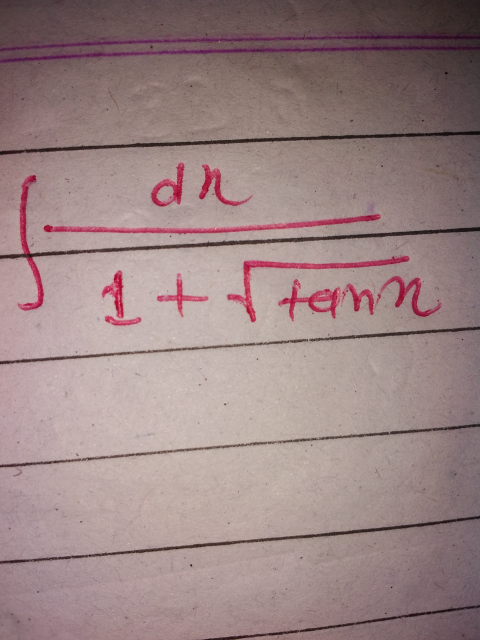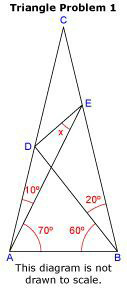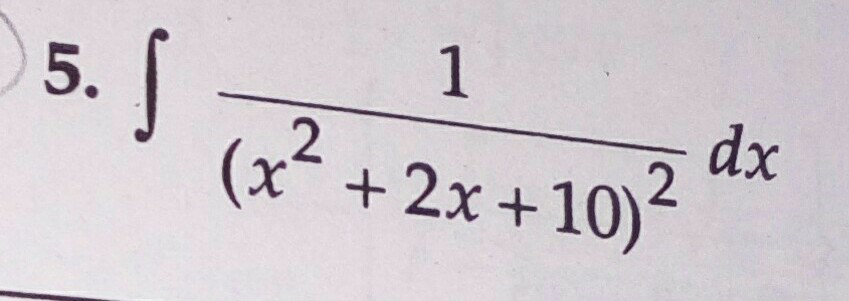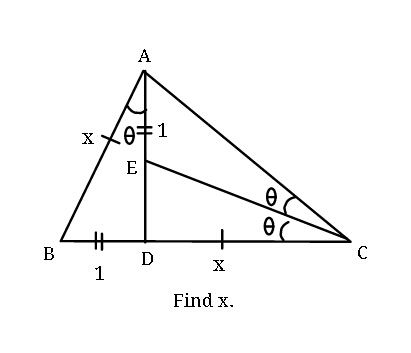
AllQuestion and Answers: Page 1657
Question Number 43682 Answers: 0 Comments: 1

Question Number 43679 Answers: 0 Comments: 1
Question Number 43676 Answers: 0 Comments: 2
Question Number 43675 Answers: 0 Comments: 1
Question Number 43665 Answers: 1 Comments: 1
Question Number 43728 Answers: 1 Comments: 1

Question Number 43662 Answers: 0 Comments: 0
Question Number 43659 Answers: 1 Comments: 2
Question Number 43657 Answers: 3 Comments: 1

Question Number 43643 Answers: 3 Comments: 0
Question Number 43642 Answers: 1 Comments: 0
Question Number 43641 Answers: 1 Comments: 0
Question Number 43638 Answers: 0 Comments: 0

Question Number 43630 Answers: 1 Comments: 0
Question Number 43629 Answers: 1 Comments: 0
Question Number 43628 Answers: 1 Comments: 0
Question Number 43627 Answers: 0 Comments: 1
Question Number 43626 Answers: 1 Comments: 0
Question Number 43625 Answers: 1 Comments: 0
Question Number 43624 Answers: 1 Comments: 1
Question Number 43623 Answers: 1 Comments: 3
Question Number 43621 Answers: 1 Comments: 2

Question Number 43616 Answers: 1 Comments: 0
Question Number 43613 Answers: 0 Comments: 0
Question Number 43599 Answers: 0 Comments: 0
Question Number 43608 Answers: 0 Comments: 3
Pg 1652 Pg 1653 Pg 1654 Pg 1655 Pg 1656 Pg 1657 Pg 1658 Pg 1659 Pg 1660 Pg 1661
